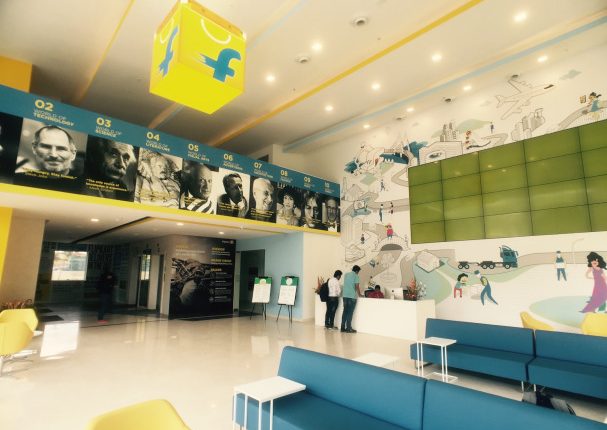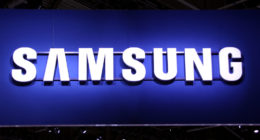E-commerce firm Flipkart announced on Wednesday that it plans to deploy more than 25,000 electric vehicles in its fleet by 2030, to achieve 100% electric mobility in nine years and fast-track the adoption of electric vehicles across cities. This announcement comes 24 hours after its rival Amazon announced that it had entered into a partnership with Mahindra Electric to develop “close to a hundred” electric three-wheelers in India. Amazon in 2020 announced plans to add 10,000 electric vehicles to its local delivery fleet by 2025.
Flipkart, which has already started piloting and deploying 450 electric vehicles (both two and three-wheelers) across multiple cities, including Delhi, Bengaluru, Hyderabad, Kolkata, Guwahati, and Pune, said that it will also set up charging infrastructure around delivery hubs and offices in order to fast track the adoption of electric vehicles in India.
Flipkart’s electric fleet will consist of two-wheeler, three-wheeler, and four-wheeler vehicles which will be designed and assembled in India. The firm has partnered with electric vehicle manufacturers, including Hero Electric, Mahindra Electric and Piaggio for specific vehicles to be deployed for its first and last-mile delivery fleet across the country.
“The journey started a couple of years back with early electric deployment. We have 450 EVs already and will have another 1000 EVs by this year-end. To fulfill our commitment, we need strategic partners and are tying up with OEMs (original equipment manufacturer) to co-create solutions. We will add four-wheelers at a later date primarily for use cases in grocery and furniture, for their volumetric profile and weight,” said Mahesh Pratap Singh, head- sustainability and social responsibility, Flipkart.
Amit Jha, SVP Ekart and Marketplace, Flipkart, said, “In this journey of making our logistics fleet completely electric by 2030, we will collaborate and work with leading local players to procure and deploy electric vehicles while supporting the required infrastructure growth. We understand the relevance of electric mobility in achieving both business and sustainability goals and are committed to paving the way for greater adoption of EVs across the country.” He added that the electrification of the logistics fleet was a key part of Flipkart’s larger sustainability goal.
Some of the vehicles Flipkart will use in its fleet will include the Nyx series by Hero Electric, Treo Zor from Mahindra Electric, and Ape’ E Xtra FX from Piaggio.
Flipkart last year had said that it would transition its entire fleet to electric vehicles by joining the non-profit Climate Groups global electric mobility initiative EV100. “The partnership with Flipkart is a game-changer and will help transform a significant number of their fleet to EVs and encourage the e-commerce industry to actively adopt electric vehicles,” said Sohinder Gill, CEO, Hero Electric.
The central government’s push for electric vehicles and the replacement of gasoline and diesel vehicles in India with environmental-friendly electric vehicles has made several companies enter the arena. Earlier, Zomato and Swiggy, India’s two biggest food-delivery start-ups, announced plans to enter the electric vehicles delivery industry and switch at least 10 percent of their delivery fleets, mostly two-wheelers, to electric in 2021





